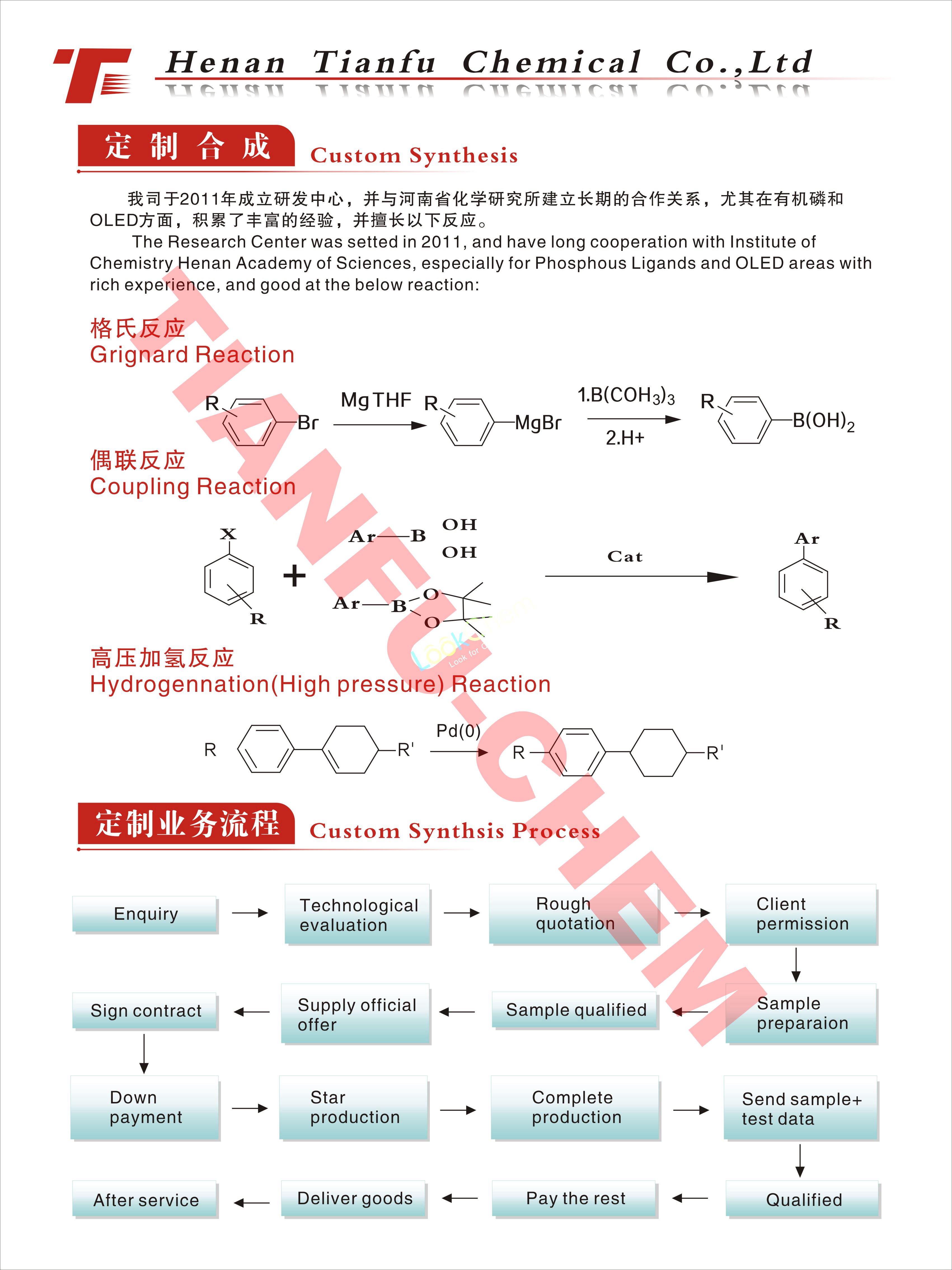Description Ammonium polyphosphate (APP) is an organic salt of polyphosphoric acid and ammonia. As a chemical, it is non-toxic, environmentally friendly and halogen-free. It is most commonly used as a flame retardant, selection of the specific grade of ammonium polyphosphate can be determined by the solubility, Phosphorus content, chain length and polymerization degree. The chain length (n) of this polymeric compound can be linear or branched. Depending on the polymerization degree, there are two main families of ammonium polyphosphate: Crystal phase I APP (or APP I), and Crystal phase II APP (or APP II).
APP phase I has a short and linear chain (n < 100), it is more water sensitive (hydrolysis) and less thermally stable; actually it begins to decompose at temperatures above 150 °C.
The second family of Ammonium polyphosphate is the APP Phase II; which has an high polymerization degree, with n>1000, its structure is cross linked (branched), and it is an high-quality non-halogenated flame retardant. APP phase II, Ammonium polyphosphate, has an higher thermal stability (the decomposition starts at approximately 300°C) and lower water solubility than APP I.
Appearance White free-flowing powder
Whiteness 92.0 Min
pH (10% slurry -25°C) 5.5-7.5
Acid Value, KOH mg/1g 1.0 Max
Solubility in water (25°C), g/100ml H2O 0.50 Max
Nitrogen, w/w% 14.0-15.0
Phosphorus (P), w/w% 31.0-32.0
Thermal decomposition onset, °C 285 Min
Average Particle Size, D50, µm About 15Ammonium Polyphosphate phase-II
Uses
Ammonium polyphosphate is a specialty chemical that finds many different uses in key industries.
Ammonium Polyphosphate, is an environment-friendly and halogen-free flame retardant. It is the main constituent of many intumescent flame retardant systems: coatings, paints and engineering plastics. It is used to prepare 20% Phosphorous/Nitrogen containing flame retardants, it can be used solely or in conjunction with other materials in the flameproof treatment for textiles, papers, fibers and woods. Special treatment can be used to prepare 50% high concentration flameproof formulations required for special applications.
The most common ammonium polyphosphate fertilizers have a N-P2O5-K2O (nitrogen, phosphorus and potassium) composition of 10-34-0 or 11-37-0. Polyphosphate fertilizers offer the advantage of a high nutrient content in a clear, crystal-free fluid that remains stable within a wide temperature range and stores well for long periods. A variety of other nutrients mix well with polyphosphate fertilizers, making them excellent carriers of micronutrients typically needed by plants.






 Assessedsupplier
Assessedsupplier


